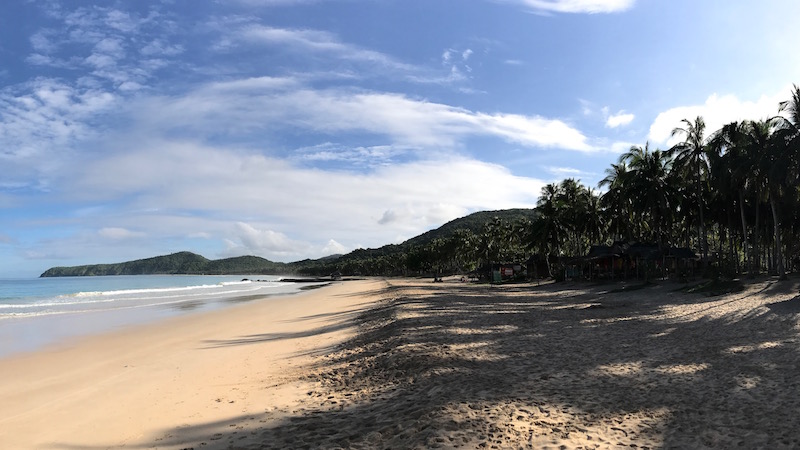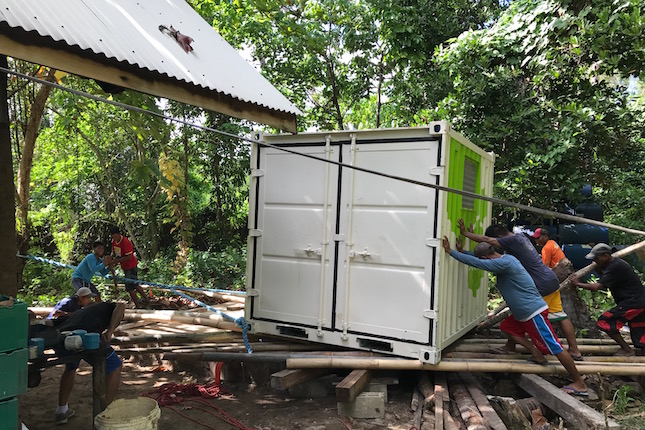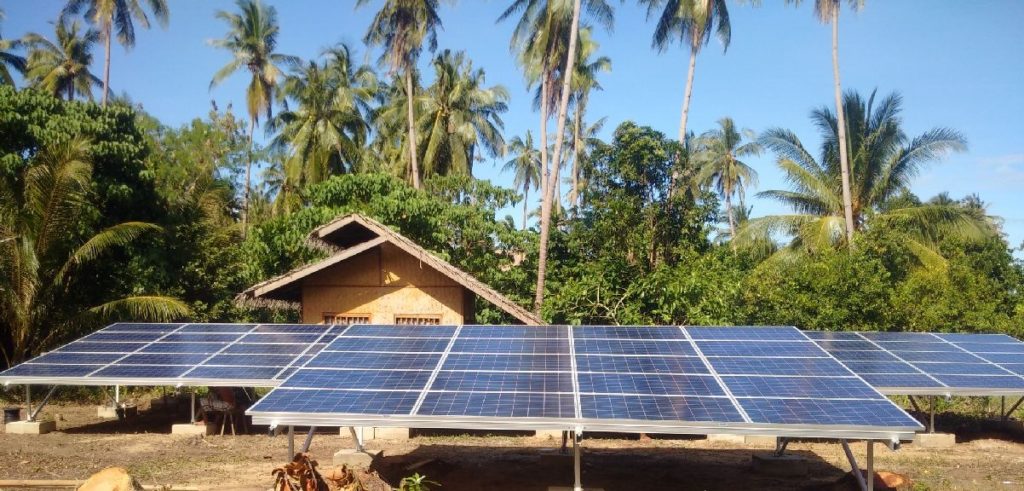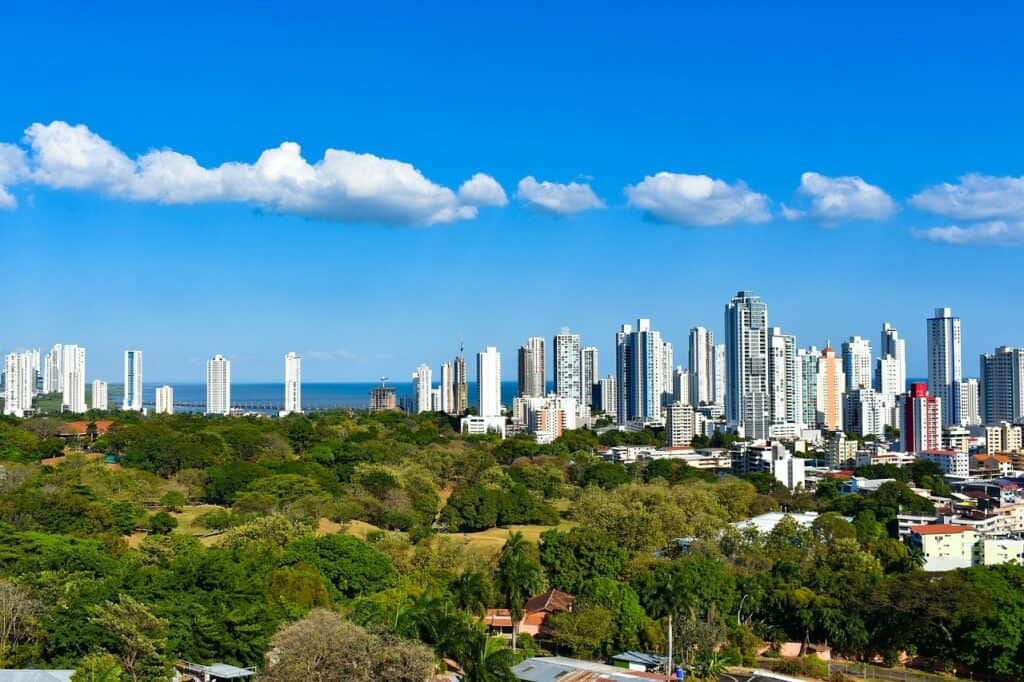Why the ecotourism industry must embrace clean energy solutions

People are traveling more than ever. A growing global middle class is giving rise to a ‘traveling class’; those who view travel as an essential part of life, rather than a luxury. While much of this is business travel, we are also taking holidays to increasingly far-flung destinations. This comes at the expense of our environment, and at a time when environmental awareness and the pursuit of a sustainable lifestyle is growing, many are seeking to consolidate their love of long-haul travel with their environmental concerns.
This has made way for a rise in ecotourism. It is hailed as a more sustainable form of tourism in which the traveller aims to reduce their impact on their surroundings, while partaking in activities that both immerse them in nature and promote the conservation of the natural environment they have come to enjoy. An essential part of this is eco-friendly accommodation; lodges and hotels that combine conservation with relaxation while striving to integrate sustainability into the core of their operations.
These resorts are often located off the beaten track, on remote Philippine islands or deep in the Kenyan savannah. As a result, many have poor or non-existent connections to the national grid: taking the road less travelled tends to mean that electricity companies are not among those who have. However, as even the most intrepid traveller generally expects amenities like lighting and running water, electricity is necessary for these businesses and is mostly produced by diesel generators.

There are obvious problems with this. Energy produced by diesel emits CO2 and diminishes the local air quality. The generators are usually placed at a suitable distance from the resort to ensure that the noise and pollution doesn’t disturb guests, but often at the expense of disturbing the local wildlife. These factors create a paradox to the environmentally friendly ethos of these retreats: a quandary for hotel owners and guests alike.
The flip-side of this quandary is an ideal market for solar-plus-storage energy systems. These systems, in which solar panels are installed on the property of the resort and are connected to battery systems capable of holding large amounts of energy, can provide these businesses with a zero-carbon alternative to diesel generators.
The benefits are manifold; resorts become self-sufficient and don’t have to rely on imported diesel, the systems are quiet and don’t disturb guests or wildlife, and most importantly, the hotels save tonnes of CO2 emissions. Not only does that help them to adhere to their own sustainability principles, but it can also be used to market the accommodation to potential guests and gain certifications from environmental bodies.
Such systems are not only worthwhile for off-grid resorts, but also for hotels and other travel accommodation who are connected to the grid but have unstable supply. Power cuts can negatively impact guests’ experience and can damage the resort’s reputation by marring all-important customer reviews.
The eco resort of Qi Palawan in the Philippines is setting an example for a successful solar-plus-storage energy system. The Zero Carbon Resort (ZCR) certified lodge, which is situated on the north-east coast of the island of Palawan, was built and operates with sustainability at its core; a principle that was bolstered last year by the construction of a 42 kWp solar system with batteries that can hold 124.2 kWh of energy. This is enough to power the resort at its peak and saves over 12,500 litres of diesel per year – equivalent to 32.5 tonnes of CO2 emissions.

The reliable energy supply has enabled further benefits like increased lighting and other facilities for guests and the resort’s 42 employees. In addition, Qi Palawan’s energy costs have decreased.
“At Qi we strive to create an oasis that honors the natural environment and brings value to the local community. I’m thrilled that our resort is part of the solution with this progressive green technology.”
Bettina Rodarte. Owner of the facility.
The perfect fit between the ecotourism industry and renewable energy is clear, but the adoption of such solutions is part of a bigger movement. In a realistic pursuit of environmental protection, we need to develop and embrace solutions which minimise our impact on the natural world while maintaining or increasing standards of living, globally. As travel ceases to be a luxury, the ability to travel sustainably must also become widely accessible; powering the entire industry with renewable energy is essential in this. The ecotourism industry is in the position to kick-start this transition, and now is the time to do so.
The solar-battery project at Qi Palawan was financed on the crowdinvesting platform ecoligo.investments earlier in 2018. A new project to finance a 173 solar battery system for the nearby ecoresort Cauayan is currently open for investment on the platform.
Related Posts
Sustainable ways to generate income
Green Wealth, Financial Health It seems for the past year or so, everybody’s talking about passive income. For a while it was…


